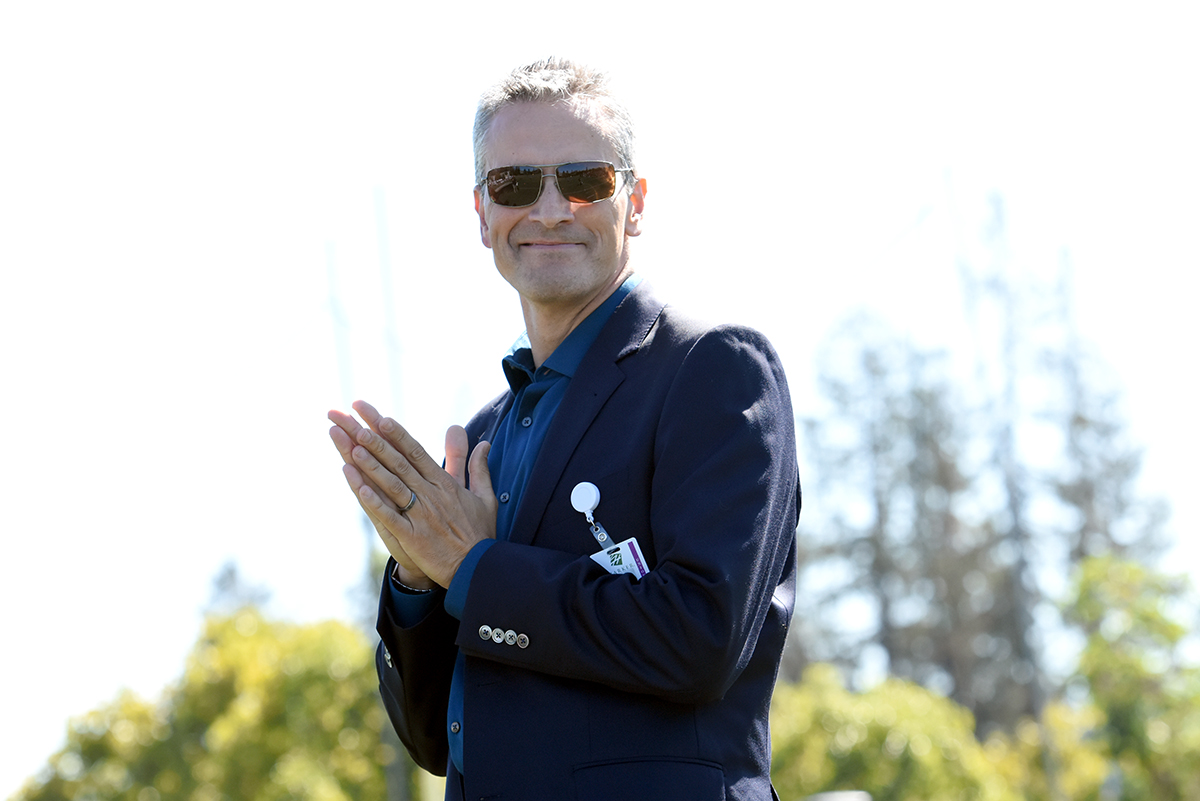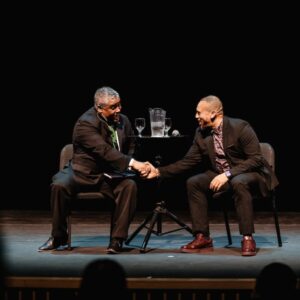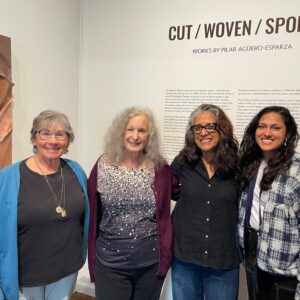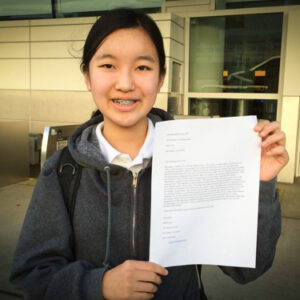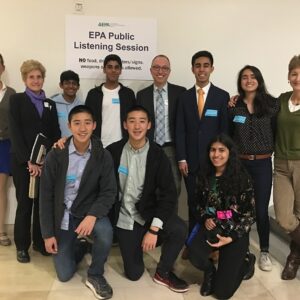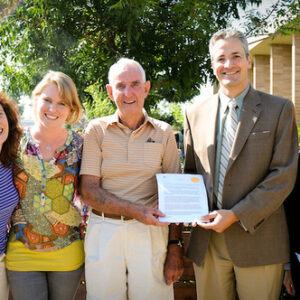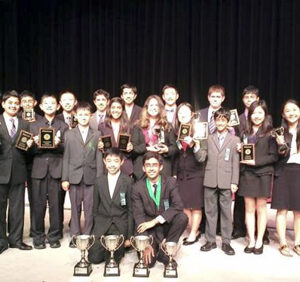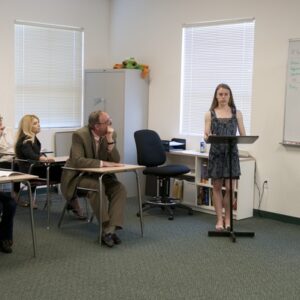This article originally appeared in the winter 2016 Harker Magazine.
Winston Churchill is often credited with saying that “Democracy is the worst form of government, except all the others.” While this quote expresses little esteem for democracy, it shows even less esteem for government in general. Governments are composed of humans; therefore, they are, almost by definition, imperfect. Thomas Jefferson held a similar distrust of governments as expressed by his famous, “That government is best which governs least.”
The country is currently divided, edgy, anxious and cantankerous. In recent years there has been a rise of divisive offense taken on college campuses. Various media are reporting a rise in hate crimes and speech. There is a need to demonstrate that all lives matter. Nations are turning inward. Globalization is on its heels. There are eerie parallels to the early 20th century.
How much of this is predetermined by government? One of the best quotes about government’s impact on the day-to-day activities of the heart comes from the 18th century poet and polymath Samuel Johnson: How small, of all that human hearts endure, That part which laws or kings can cause or cure.
The couplet asserts that there is a rich panorama of daily life, relationships, work, solitude, community and family that remain untouched by the laws of the land; one can say that these arenas are governed by the laws of life, not man.
Laws or kings do not dictate how kind we are within our communities, or command whether or not we show respect to someone with whom we disagree. Laws or kings do not prevent us from listening a little harder to a perspective with which we disagree, or keep us from showing tolerance to a culture or way of life that is not our own. Laws or kings do not compel us to judge that which is different from us. And laws or kings do not have a final say on whether or not we choose to use hateful, stereotypical, insensitive speech among friends and acquaintances or to strangers.
The greatest moment during the 2016 election, I believe, was when an elderly man stood up to show his support for Donald Trump during a rally for Hillary Clinton in North Carolina that featured President Obama. Whether you are a Democrat, Republican or Independent, Obama’s response was deeply admirable. I mean this completely apolitically.
President Obama asked, no he ordered, his own supporters, who were heckling the Trump supporter, to “Hold up. Everyone sit down and be quiet for a second.” He then added with vehemence (by Obama’s standards), and rather ungrammatically, “You got an older gentleman who is supporting his candidate. He’s not doing nothing.
You don’t have to worry about him.” Obama continued: “First of all, we live in a country that respects free speech. So, second of all, it looks like maybe he might have served in our military and we ought to respect that.
Third of all, he was elderly and we’ve got to respect our elders. And fourth of all, don’t boo, vote.” Obama assumes not only knowledge of the first amendment to the Constitution but a conscious decision to honor it. Laws or kings do not compel us to honor the right to free speech in any given moment – we do. We are not forced to respect our elders or military service, or to show tolerance to a dissenting opinion, as Obama was clearly enjoining his audience to do – but we can choose to.
Tolerance, from the Latin tolerantia, means endure or bear, which takes effort not provided by laws or kings but by our own willpower.
I am not saying that governments have zero influence on the civility and respect shown among their citizens. I am saying that regardless of the general culture surrounding us and our children on the Internet, in the news or even in our neighborhoods, how we treat each other largely remains our choice.
We have what the philosophers of free will call “agency” in the areas of civility and respect. Alexis de Tocqueville, an astute 19th century observer of American democracy, wrote, “America is great because she is good. If America ceases to be good, America will cease to be great.” Laws or kings do not decide for us whether we are good or not good. We decide, each and every day, with a thousand small acts, thoughts, words. Therefore, each and every day, we also decide whether or not we will be great.
